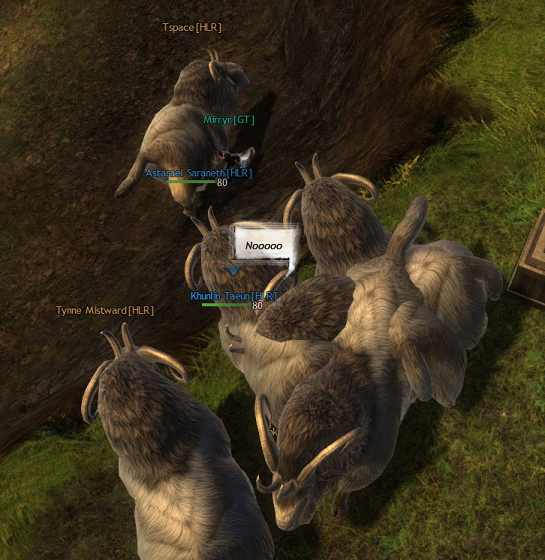YAY! I'm useful here!
SSD's are rated a few different ways... and your budget to what you want to do with it will affect your choice.
Questionaire off ssd proportions!
1) Do you plan on using it as a main boot drive for windows? if not, what do you plan to put on it?
2) I see you currently have a hitatchi 1TB drive, is it failing or do you plan on keeping it in your system?
3) Would you prefer raw speed or reliability? or a combination of both?
4) If you answered yes to question 1: do you plan on putting a few hours worth of work in to get it installed and configured properly? (I can totally help with this)
5) If in the occurrence of a drive failure, are you prepared to lose everything on it?
Reasons I ask these questions:
- Many people use the solid state for their OS drive, and have extra drives in their system, however, most people do not set up their temporary files, and page files and small document files to default to their disk drives, this can take months of life off the drives life expectancy
- You should buy a ssd large enough so that at any point in time, the drive is only 66% full. An SSD over 66% full cannot trim properly, and you will lose performance at an exponential growth
- DON'T YOU DARE READ THE MB/S RATING ON ANY OF THEM YOU FILTHY CASUAL. WE READ IOPS AROUND HERE.
- IOPS are input/output operations per second. This is a more realistic measurement of the drives performance because your data will never be nice and neat next to each other in each sector of the ssd
- Proper configuration of an ssd is not just put it in and install windows, you will need to configure user folders, turn off page filing, etc, not only to boost performance, but also for longevity sake. We will be using command line, and "mklink /j" very frequently to set this up right.
- HOLY CRAP IF YOU INSTALL ALL YOUR PROGRAMS TO YOUR SSD ILL MURDER YOU MYSELF. (jokingly, but kinda not). if you install your OS to your ssd, we gunna change some registry settings so programs default to install on your disk drive, and you pick which ones you want on your ssd
- SSD's give zero sign of an upcoming failure, no clicking, grinding, etc. When they die, one day your computer will crash and not boot back up. You wont be able to recover. Be prepared to lose your stuff in 5 years if you take care of your ssd, 2 years if you dont.
- The reason we change all these settings is because any ssd's lifetime is based off of the number of times any given sector's data is changed. Trimming the drive will help even out and use the sectors equally, increasing the lifetime. Putting what you want on an ssd, then leaving it and hardly ever going back and changing any data on it will yield it the most longevity. Temporary files, page files, scratch disks, and buffer files will murder an ssd's lifetime. I once saw a man kill one in 3 months when he used it as a video file editing scratch disk.
- Get ready for zoom zoom
That being said, i'm a pretty big fan of the samsung evo series. i just picked up the 840 evo 500gb for my laptop. loving it so far. Their utility is also fairly usefull in helping with these setup things.
ps - you can find actual performance charts here(based on multiple types of operations, its a good comparison):
www.harddrivebenchmark.net/ssd.html![[HLR]](http://i.imgur.com/MqV5HNf.jpg)

![[HLR]](http://i.imgur.com/MqV5HNf.jpg)
